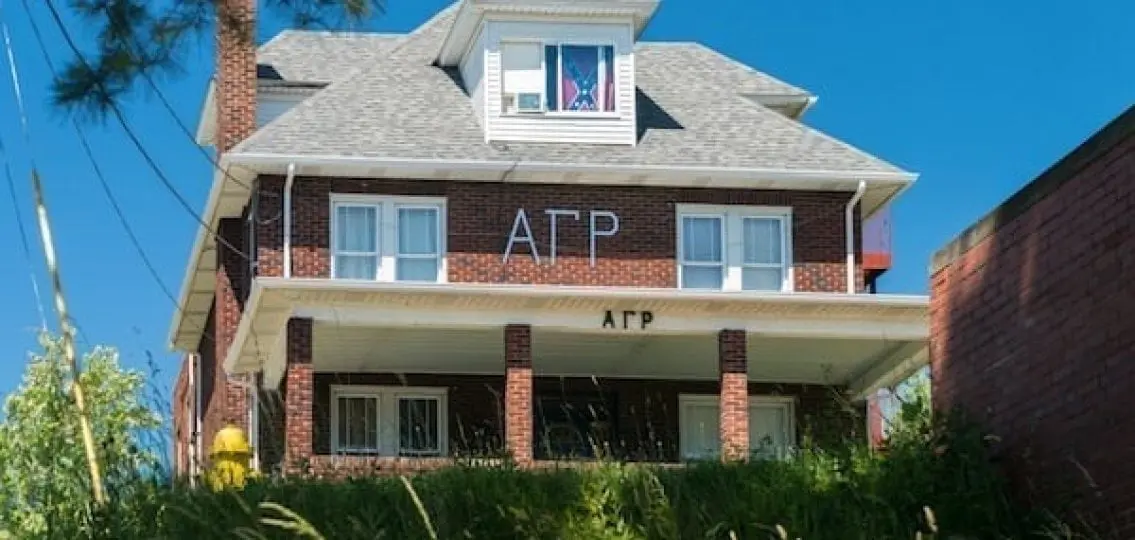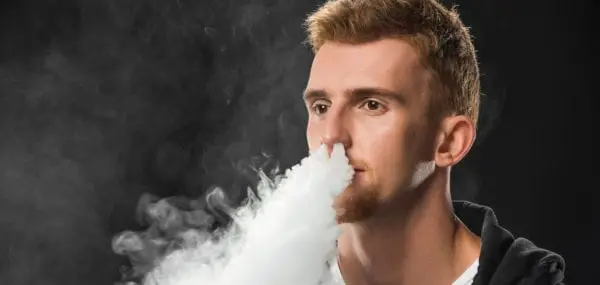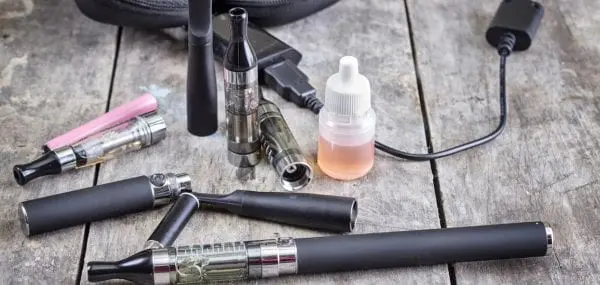Several high-profile deaths as a result of fraternity hazing are fueling a hard look at the role fraternities play on college campuses, particularly during recruitment.

15 fraternity members were named in a law suit surrounding the November 2017 death of a Florida State University fraternity pledge, Andrew Coffey. 13 of them have since entered into confidential settlement with the family, which also led the university to shut down all Greek activities for a year. The 20-year-old drank a bottle of Wild Turkey bourbon at an off-campus party. He was left unconscious on a couch and found the next morning without a pulse by a fellow pledge. Rather than calling 911 immediately, the pledge took time to text members of Pi Kappa Phi, a detail adding to the collective outrage.
Universities are recognizing that they need to do more to combat dangerous Greek recruitment rites. All but six states have hazing laws on the books; however, parents should know that it’s a pervasive problem not likely to go away entirely.
College Frat Hazing: A History of Risky Behavior
“Partying to the point of perilousness” has been part of the lifestyle of social fraternities since their origin in the 1800’s, according to John Hechinger, journalist and author of True Gentlemen: The Broken Pledge of America’s Fraternities. Indeed, records show that in 1847, an Amherst College student died after fraternity members drenched him in ice water following “freshman visitation.”
“The combination of binge drinking hard liquor and hazing is particularly deadly,” says the expert on Greek culture.
“The truth is pledging almost always deteriorates into abuse.”
There has been at least one college fraternity hazing death per year since the 1960’s. Seven hazing deaths occured in 2012. Now, because of social media, cell phone video, and surveillance cameras, we can actually see what happens, Hechinger notes.
In February 2017, surveillance cameras tracked the death of Penn State student, Timothy Piazza, in excruciating detail. The sophomore pledge consumed 18 drinks in 82 minutes, fell head first down a staircase, fractured his skull and lacerated his spleen. Twelve hours elapsed before Beta Theta Pi members called 911. The judge dropped felony charges against the fraternity brothers; to date, 14 fraternity members have pleaded guilty to charges of alcohol and hazing-related offenses, and five more await trial.
Policy Changes
Following Piazza’s death, Penn State took over disciplinary control of frat members from student-run councils. They instituted a zero-tolerance policy on hazing (expulsion). The university reduced the number of Greek parties permitted to have alcohol and banned kegs and liquor. The University booted Beta Theta Pi off campus, banning it permanently.
Freshman must now wait until spring semester to participate in recruitment. This wait gives them time to get a get adjusted to life on campus—a strategy also recommended by Hechinger.
The Costs of Group Think
Some experts, however, are doubtful these measures are enough to combat the debauchery rooted in a culture of secrecy, defiance and self-protection.
Lisa Wade, Associate Professor of Sociology at Occidental College, thinks fraternities should be abolished. Piazza’s frat was considered a “model fraternity” on the campus, but in the end, it defied best practices, she says.
Fraternities wield a lot of power, with many Greek alumni contributing big dollars back to their schools. Up until recently, colleges have had little interest in regulating them, Hechinger says.
The clubs market themselves as part of a vibrant social life. And kids appear willing to do anything—even drinking liquor mixed with vomit, urine, and hot sauce—to ensure acceptance into a brotherhood that can lead to bonds that last a lifetime.
“Men give up a lot to win the male gaze,” says Wade, a sociologist. “They give up a lot of their humanity in these institutions.”
Not surprising, there’s also a link between binge-drinking and increased risk of sexual assault. Hechinger advises parents to encourage their kids to attend parties with a trusted group – and agree never to leave anyone behind.
As for liability risk, parents should know that insurance companies assign fraternities risk ratings similar to toxic waste dumps. If someone dies from hazing, and your son is a chapter officer, lawyers will go after your homeowner’s policy. Even if your son didn’t participate, Hechinger warns.
“Teach young people to recognize when they’re in a moment that finds them deviating from who they want to be in a room,” says Wade.
Parents are raising smart, young people who have good heads on their shoulders.

But our kids need to recognize when they’re in a context that is hindering their ability to use good judgment.
“If any one of those men in that fraternity house had found [Piazza] on a sidewalk in the middle of the day, they would have called 911 immediately,” she reflects. “It wasn’t that they were bad, callous people. It was that they were in a bad, callous moment and a bad, callous environment.




